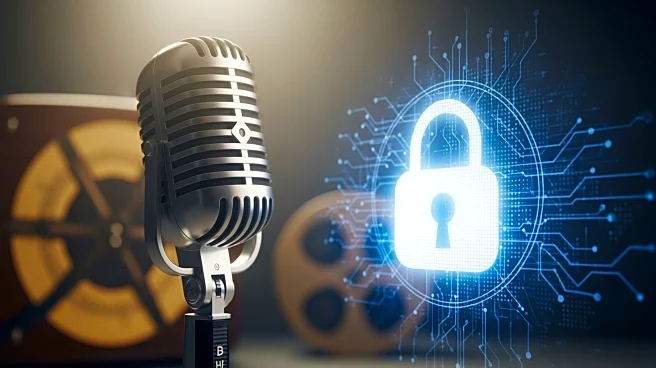What's Happening?
OpenAI has decided to pause the generation of deepfake videos depicting Martin Luther King Jr. using its AI app, Sora, after receiving a request from his estate. The company acknowledged that the video generator
had produced 'disrespectful' content about the civil rights leader. This decision comes amid concerns that such deepfakes could distort historical narratives and disrespect the legacy of historical figures. OpenAI stated that while there are strong free speech interests in depicting historical figures, their families should have control over their likenesses. The move is part of OpenAI's efforts to strengthen guardrails for historical figures on its platform.
Why It's Important?
The decision by OpenAI highlights the ethical challenges posed by AI technology in creating deepfake videos. These videos can potentially alter public perception and understanding of historical events and figures, leading to misinformation. By pausing the generation of such content, OpenAI is taking a step towards addressing these ethical concerns and respecting the legacy of historical figures. This action may influence other tech companies to implement similar measures, thereby shaping the future of AI-generated content and its impact on society.
What's Next?
OpenAI plans to continue strengthening its guardrails for historical figures, allowing representatives and estate owners to request the removal of their likenesses from AI-generated videos. This could lead to broader industry standards for the ethical use of AI in media creation. Additionally, OpenAI's decision may prompt discussions among policymakers and tech companies about the regulation of AI-generated content, particularly concerning historical and public figures.
Beyond the Headlines
The use of AI to create deepfake videos raises significant ethical and legal questions about consent and the representation of deceased individuals. This development could lead to long-term shifts in how society views and interacts with AI-generated media, potentially influencing cultural norms and legal frameworks around digital likenesses.









